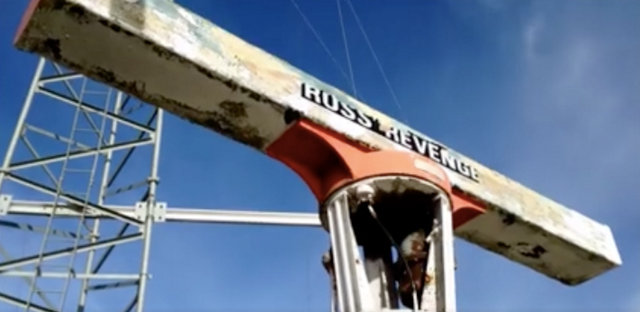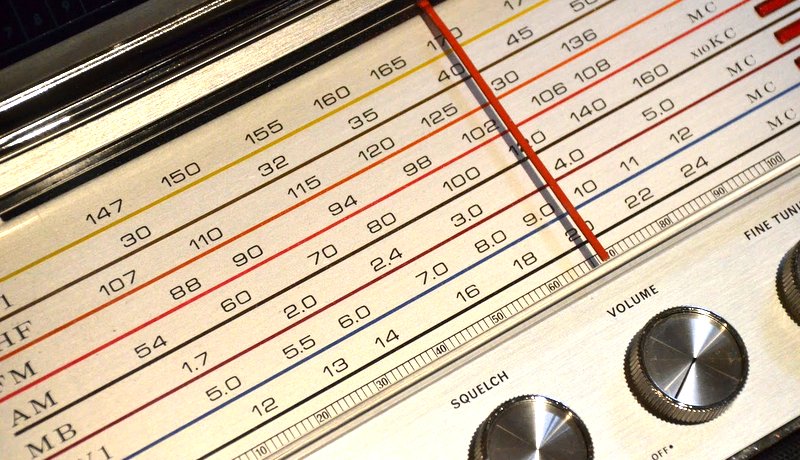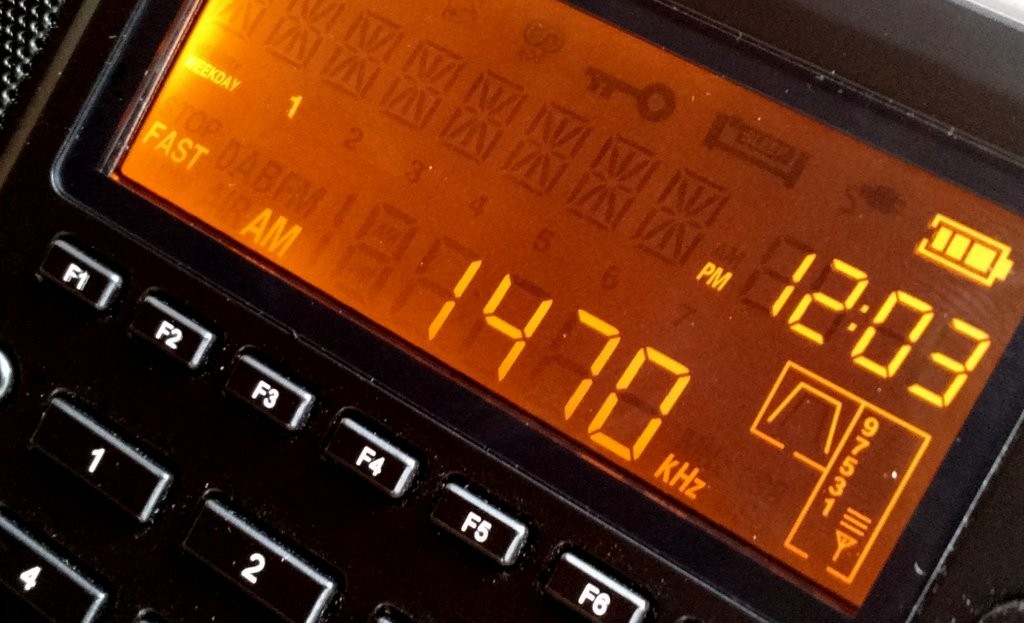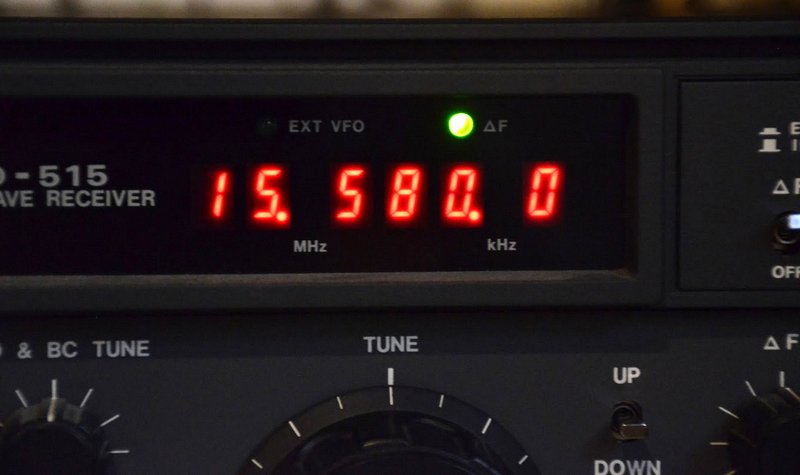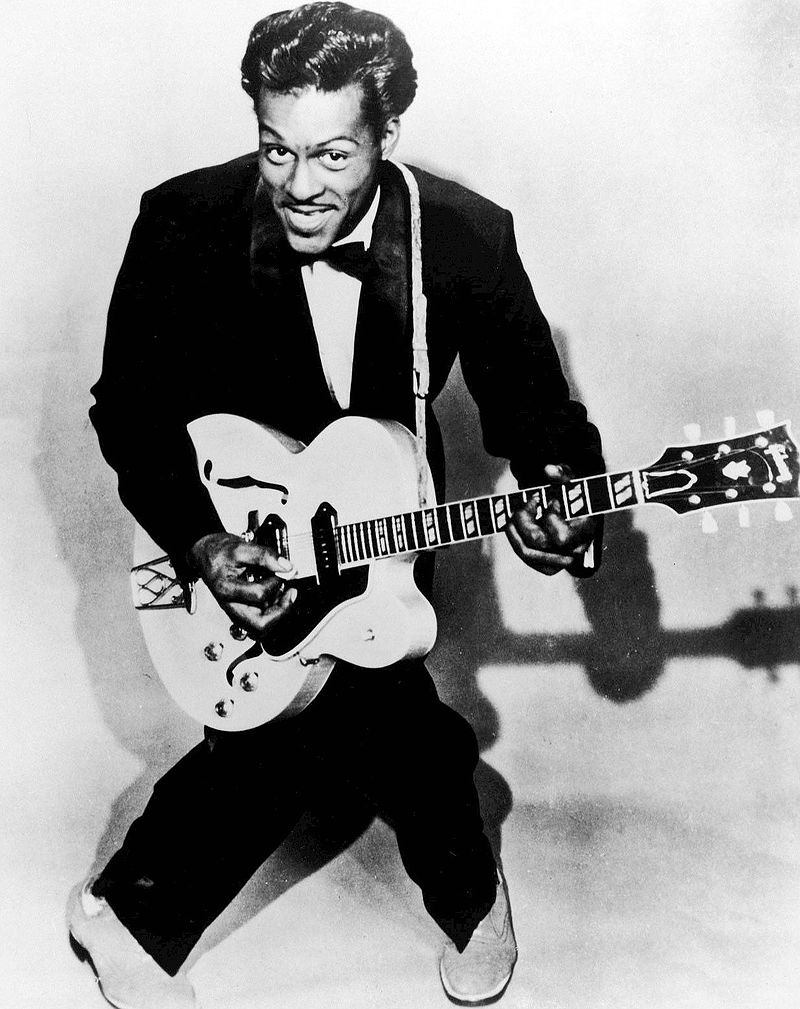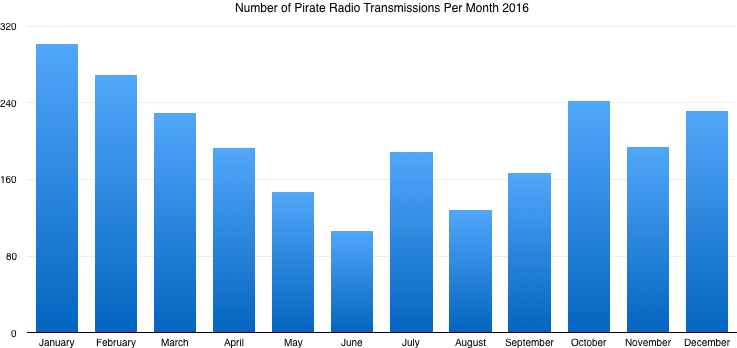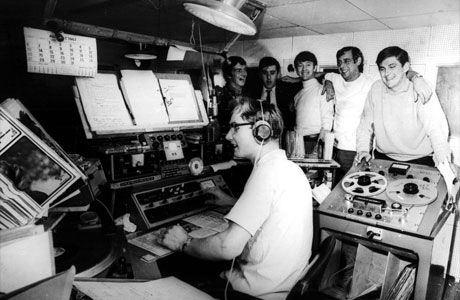
Radio Caroline circa 1960’s.
Many thanks to SWLing Post contributor, Aaron Kuhn who shares this excellent article from Dazed:
The influence of pirate radio has endured despite government crackdowns and the rise of legitimate alternatives – today, it continues to thrive, both legally and otherwise
Drive around some parts of London today and you’re still liable to hear mainstream radio broadcasts drowned out by fleeting bursts of unfamiliar music. Pirate radio stations have been illegally hijacking the FM dial since the 1990s, but while the pirate scene is far smaller than it was in its heyday, the movement is still thriving on a local scale, while a vibrant array of online-only stations are inspired by the energy and spirit of the pirates. To put it simply, pirate radio never left London.
The UK’s pirate radio story starts with Ronan O’Rahilly’s Radio Caroline back in the 1960s, famously avoiding the authorities by broadcasting from international waters, but it was really the 1990s that paved the way for pirate radio in this country. Its evolution loosely follows that of the underground rave scene, which mainstream radio wouldn’t touch in its early days. “It’s the closest thing to mass organised zombie-dom,” BBC Radio 1 DJ Peter Powell said of acid house. “I really don’t think it should go any further.” Needless to say, it wasn’t going anywhere, and between 1988 and 89, pirate radio stations rapidly started to appear to serve a youth hungry for new sounds that weren’t being catered to by mainstream radio. By 1989, there were over 60 pirate radio stations operating in London alone.
While the first pirates – from Sunrise to Centreforce to Fantasy – mostly played music from America and European countries like Belgium, it didn’t take long for the British youth to start doing their own thing. “The UK kids realised people were making music in their bedrooms and they thought ‘I can fucking do that!’” exclaims Uncle Dugs, one of the UK’s leading authorities on pirate radio. Having been involved in radio (both legal and otherwise) for over 20 years, Dugs’ new book Rave Diaries and Tower Block Tales documents life as a young raver turned award-winning DJ after years on the pirate scene. As he explains, by 1991, London’s underground music landscape had become “99% UK producers and DJs,” transforming from acid house to hardcore and then to jungle. As London’s underground grew, so did its pirate presence, with legendary stations like Weekend Rush, Kool FM, Pulse FM, Innocence, and Defection springing up by the end of 1991. “You could flick through the radio and at every .2 on the dial there was a pirate station,” Dugs laughs. “There wasn’t even space on the radio for a new one.”[…]
Click here to read the full article at Dazed.

